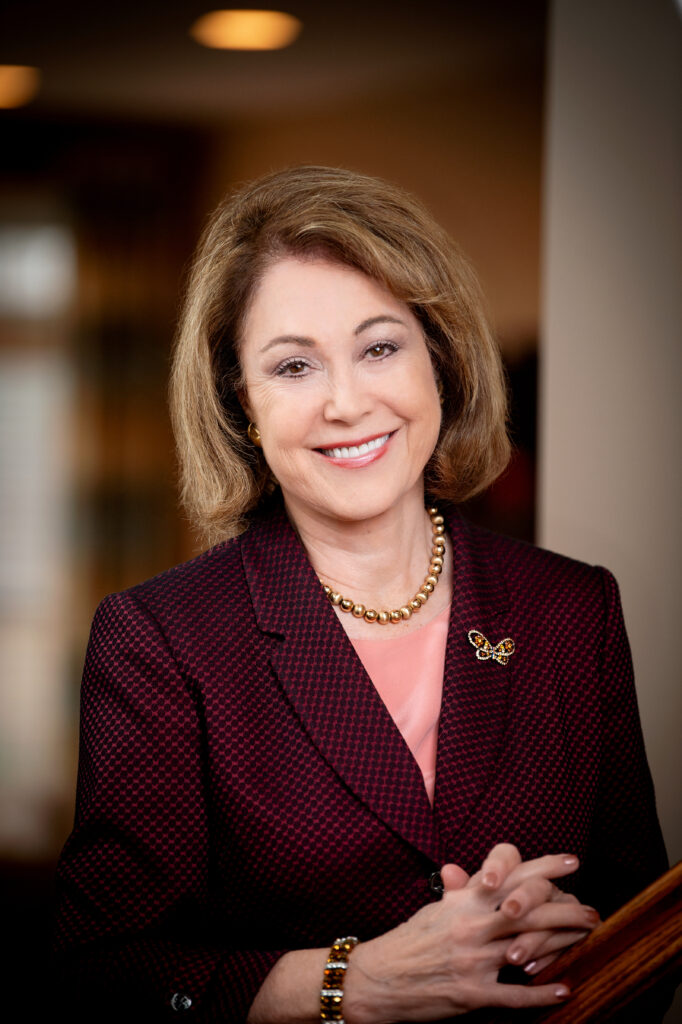Most Americans have been placed under something resembling house arrest to combat the spread of the novel coronavirus and the illness it causes, COVID-19. The shutdown of the economy may produce a downturn exceeding the Great Depression. People have been forbidden to socialize, go out to eat or to movies, or engage in many of the activities that make life enjoyable and meaningful. Furthermore, the shutdown of our economy and life is possibly indefinite: the pandemic models clearly predict that a return to normal life before a vaccine is available will unleash a pandemic anew. An uncontrolled pandemic would take a terrible toll on the nation, but so would the economic shutdown. The social cost of either path in this terrible tradeoff is likely in the range of $10 to $20 trillion.
The underlying choices involve fundamental values in our lives. How do we let the fear of death shape our lives? What are we willing to do to protect ourselves and our families? I believe all people are morally worthy, deserving of dignity and respect; we should make decisions which so profoundly shape who we are and the lives we lead. And I believe in respecting others’ choices when they differ from mine. This is the basis for freedom in society and the reason we build the institutions of a free society and create a limited government.
Yet life involves collective goods. A collective good is one where everyone must consume the same quantity of the good. For most goods and services, individuals can choose what they want, because I care about my consumption and you care about your consumption. My choosing not to eat broccoli does not keep you from eating as much broccoli as you want. Trivially reality is the same for everyone; that I consume no broccoli is a fact of the world and as true for you as it is for me. It’s just that whether I eat broccoli does not matter very much to you. Sometimes though we all care about the same thing. When Michael Jordan retired after the 1993 season, he retired for all of us. M.J. could not play for and lead Chicago to a fourth straight NBA title for Bulls fans while pursuing a baseball career to satisfy himself.
Some elements of our response to a communicable disease are collective goods. One does not get a communicable disease without coming in contact with someone who is contagious. We care about the activities of our neighbors and others we might come into contact with while living our lives. And we all experience the same outcome. Either concerts, festivals, movies, and sporting events occur with some choosing to attend or they do not. I either have the virus and potentially pass it on to my family, neighbors, and coworkers or I do not. We cannot rely on the normal approach of freedom: you shelter at home if you fear catching the virus while I continue life as normal if I am willing to risk catching the virus. Community spread is a collective good (actually a collective bad): you care about my activity, and vice versa.
The life values traded off in stay at home orders are fundamental to us as persons – how we face fear versus protecting our families. Freedom exists precisely so people not sharing the same values do not have to impose their choices on each other. Whatever decision we make regarding collective protection against COVID-19, however, will be the same for all of us. Millions of Americans will be upset, deeply and understandably, because the collective decision deprives them of their personal autonomy.
We have currently chosen largely to issue stay at home orders and close large swaths of our economy. And soon perhaps states will start easing the shutdown to reopen the economy but increase the risk of spreading the virus. Americans have and will continue to have to sacrifice a significant element of our autonomy to provide for this collective good. We would do well to recognize the enormous burden the provision of this collective good imposes on Americans, a burden distinct from and on top of the economic costs of the shutdown.





